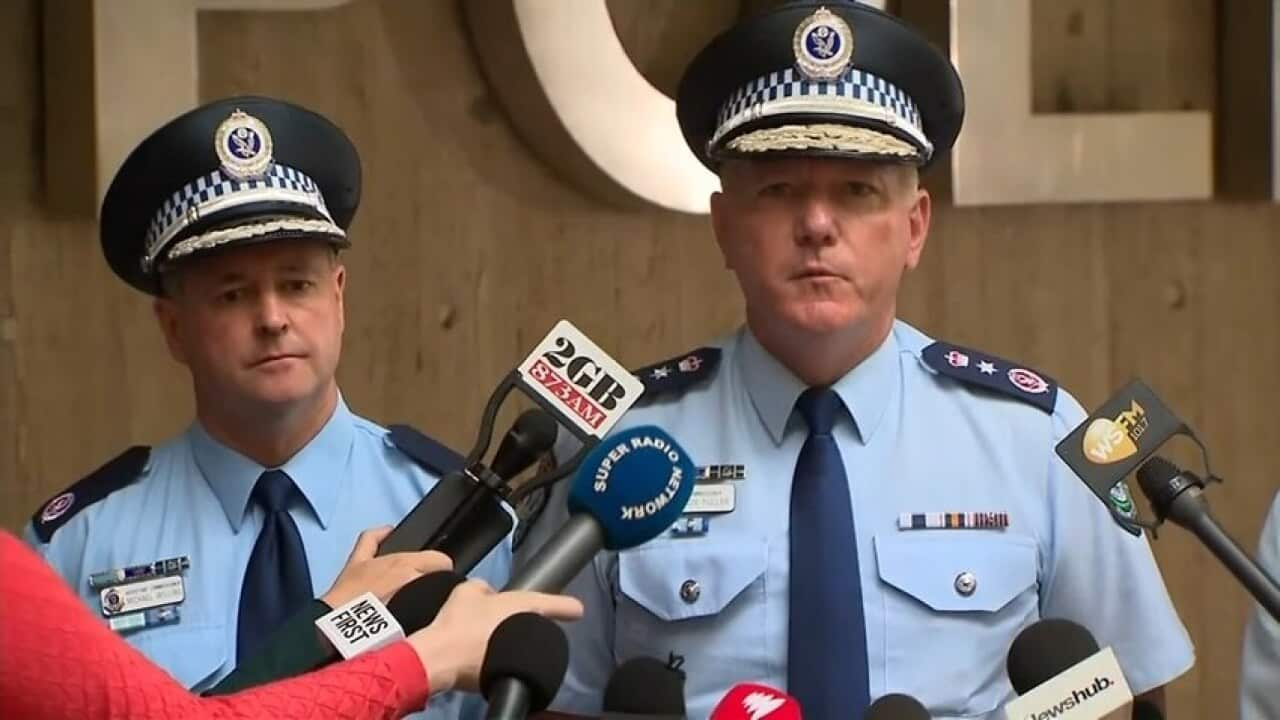NSW parliament has passed a controversial music festivals licensing regime, but the industry will get the legislated round-table it wanted.
A bid to enshrine consultation in the Music Festivals Bill 2019 was initially rejected by the coalition, with Customer Service Minister Victor Dominello saying it would be "completely unprecedented".
But the NSW upper house on Wednesday night passed a Labor amendment which stipulated the minister must establish a music festivals roundtable.
"It's a victory for common sense ... this means there'll be regulation in place for summer, but it means that the government won't be trying to do it all by itself," opposition music and the night-time economy spokesman John Graham told AAP on Thursday.
"It obviously means the music festivals that threatened to leave will stay."
The government ultimately recommended the amendments be accepted before the bill, which requires "high-risk" festivals to prepare approved safety management plans, was passed on Thursday morning.
Nationals MP Michael Johnsen said the government's bill put them in the best position to "not have a summer like we did last year," when a number of young people died at NSW festivals.
"The government is disappointed that amendments were made ... but still feels that this framework is the right way to address broad community concerns around drug use at music festivals," he told parliament.
"While we feel the original model struck the right balance ... we accept the amended bill and hope that it will work."
Mr Dominello previously told parliament legislating a round-table was "completely unprecedented" and unnecessary but he would work with industry "to settle a format that reflects the genuine desire for dialogue".
Local councils and industry had expressed frustration over what they saw as a lack of consultation on the bill, which was introduced after the scheme was disallowed in the upper house in September.
Australian Festivals Association general manager Julia Robinson previously said the round-table was crucial.
"(It's) not just about the regulations and police and how all that works but talking about the growth of the industry," she told AAP on Wednesday.
"I think it's going to be really important from a future-proofing perspective for our industry and trying to mend the ties that have really been broken between industry and the agencies."










